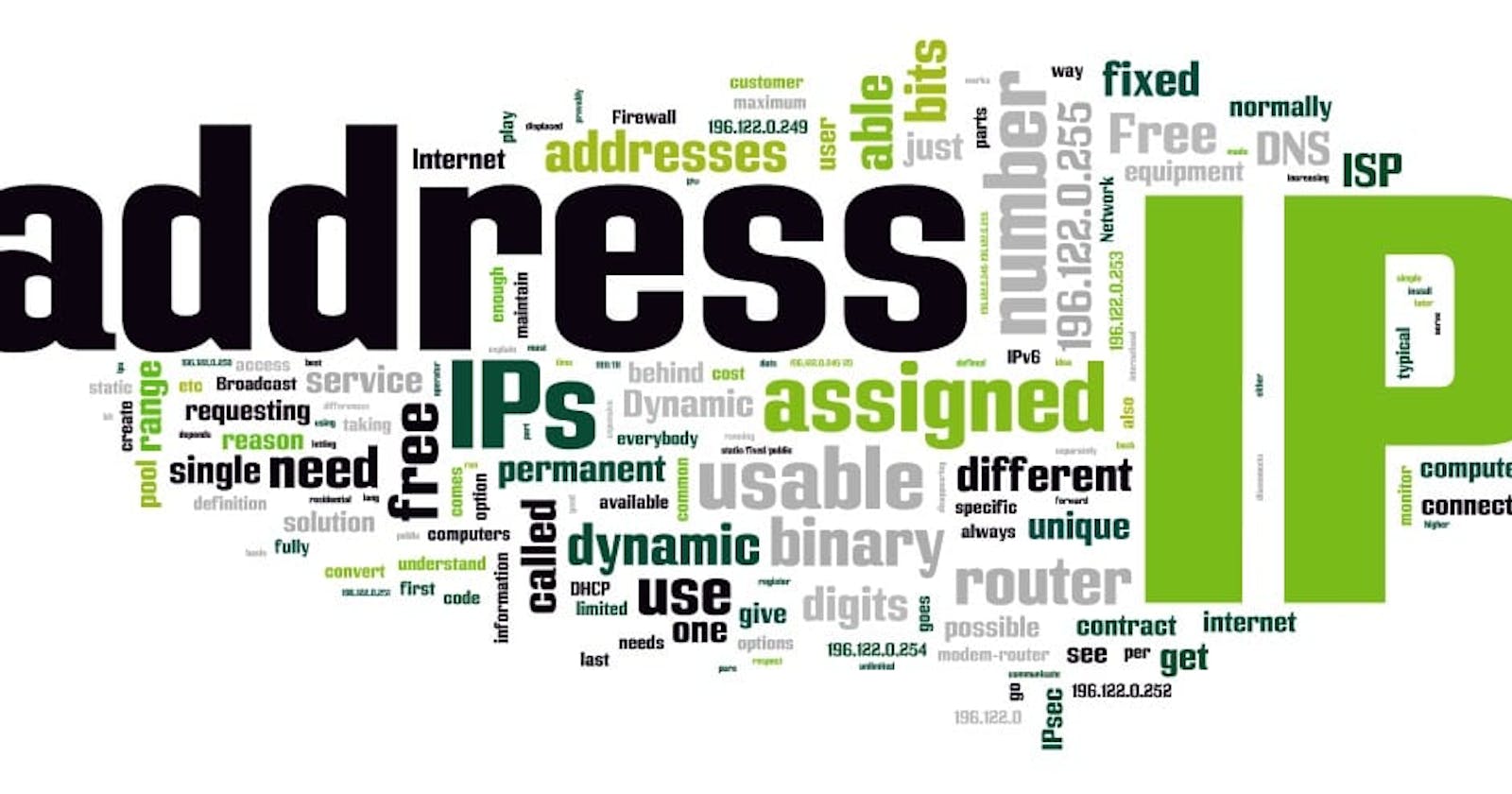An IP address (Internet Protocol address) is a numerical label assigned to each device connected to a computer network that uses the Internet Protocol for communication.
There are two types of IP addresses: IPv4 and IPv6. IPv4 addresses are written in four sets of numbers separated by dots, such as 192.168.0.1, while IPv6 addresses are written in eight sets of hexadecimal numbers separated by colons, such as 2001:0db8:85a3:0000:0000:8a2e:0370:7334.
IP addresses serve two main functions: identifying the host or network interfaces and providing the location of the host in the network. They enable devices to communicate with each other and transfer data over the internet.
Each device connected to the internet must have a unique IP address, allowing the internet to route data to the correct destination. Internet Service Providers (ISPs) allocate IP addresses to their customers, while large organizations may have their own range of IP addresses to use within their network.
In conclusion, IP addresses play a crucial role in the functioning of the internet by allowing devices to communicate with each other and ensuring that data is sent to the correct destination.
